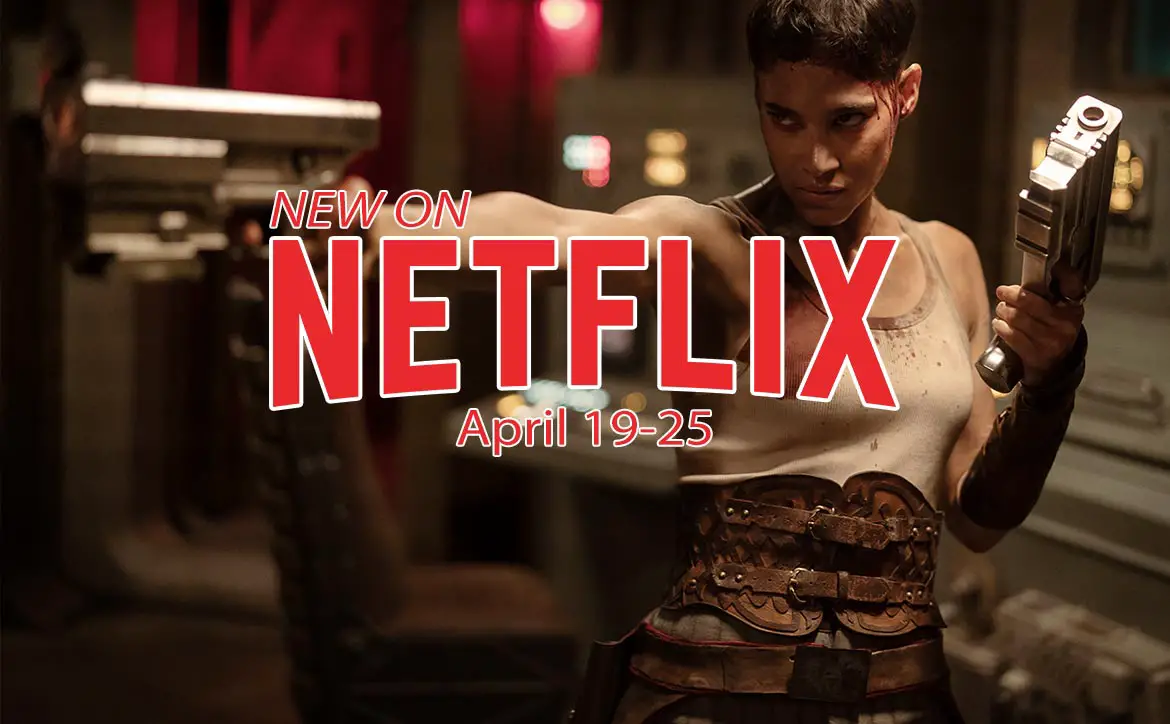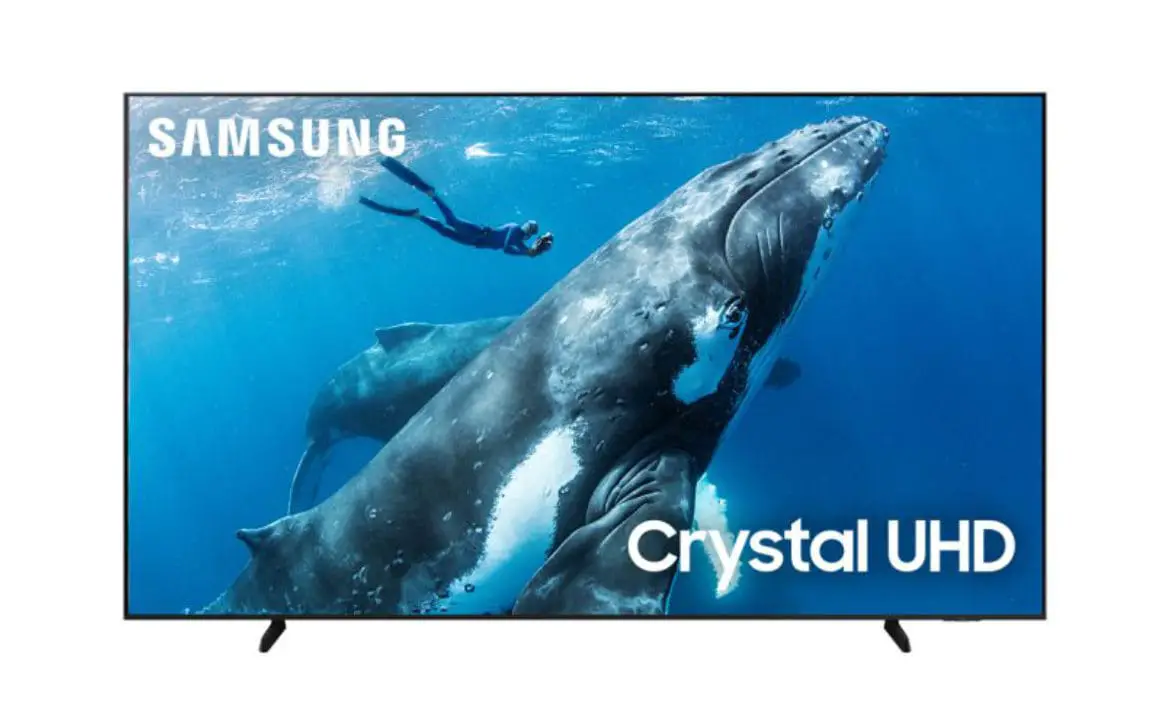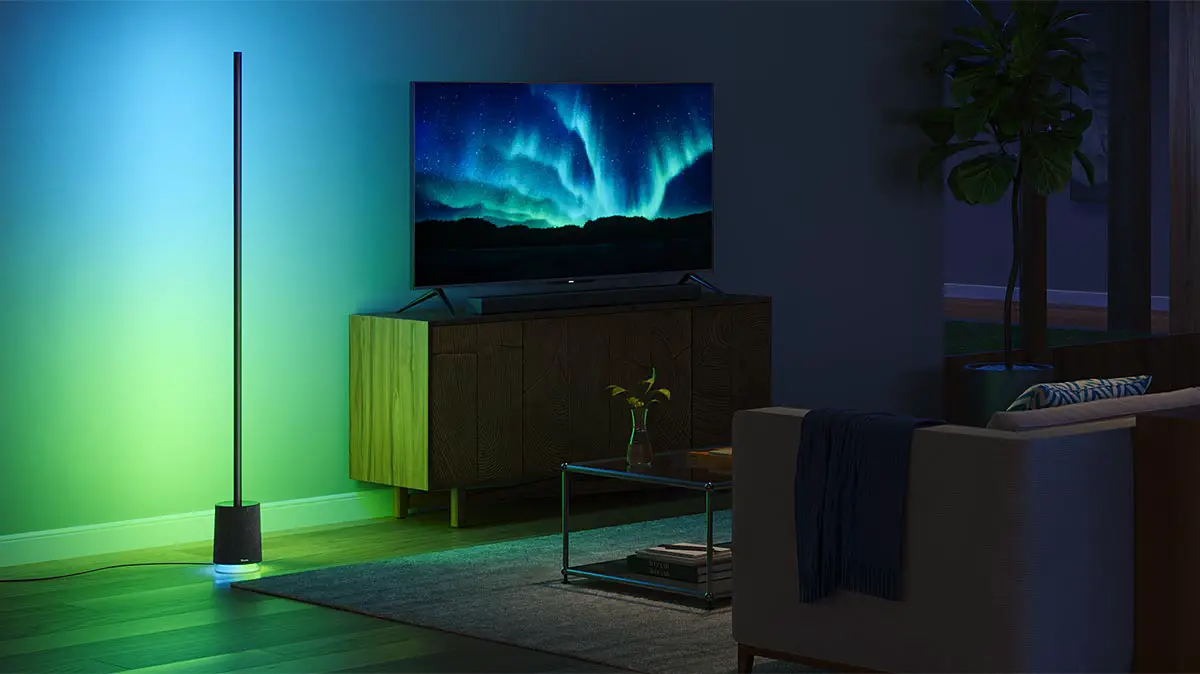Guest Post was written by Sean Mortberg, an aspiring tech writer.
You didn’t have to watch the Zuckerberg hearings to know that social media is playing an increasingly negative role in the sphere of public discourse. Log into Facebook, Twitter, or Reddit and you will see that polarization of political views and the spread of misinformation are running rampant and destroying peaceful disagreement. The problem is that you may not even notice or know what the opposing side truly thinks anymore. The rise of echo chambers on social media have driven the wedge between left and right-thinking citizens deeper and deeper, and your friends list, ads, news feed, and even AI selected shopping suggestions are subject to being algorithmically made just for you. This is all an effect of one human flaw as old as time ― confirmation bias.
Confirmation bias is our psychological tendency to cherry-pick information, news, beliefs, and historical instances that confirm our long-held beliefs and validate our narrow, emotional narratives, all while ignoring or devaluing evidence that contradicts us. It’s a dangerous flaw in the human psyche that has led to our current political divide and been bolstered by social media and search engine optimization. At least 25% of social media users follow politicians online, but private citizens are not the only ones susceptible to it, either. A poll showed that nearly half of articles published by left and right-leaning news outlets were shared primarily by Congress members of corresponding political and ideological persuasions.
Confirmation bias is not just a political problem that can be eradicated by picking the ‘better’ side. It’s a deeply human fault and requires human solutions to avoid it. Practicing self-control, empathy, and open-mindedness, as well as curbing social media use and doing thorough research using multiple sources can all help alleviate confirmation bias.
Learn more about the role of social media and confirmation bias with the infographic below, provided by PsychDegrees.org.
What do you think of this infographic? Let us know in the comments below or on Google+, Twitter, or Facebook.

![[Infographic] Is social media feeding confirmation bias? 1 social media](https://techaeris.com/wp-content/uploads/2018/06/confirmation-bias.jpg)









